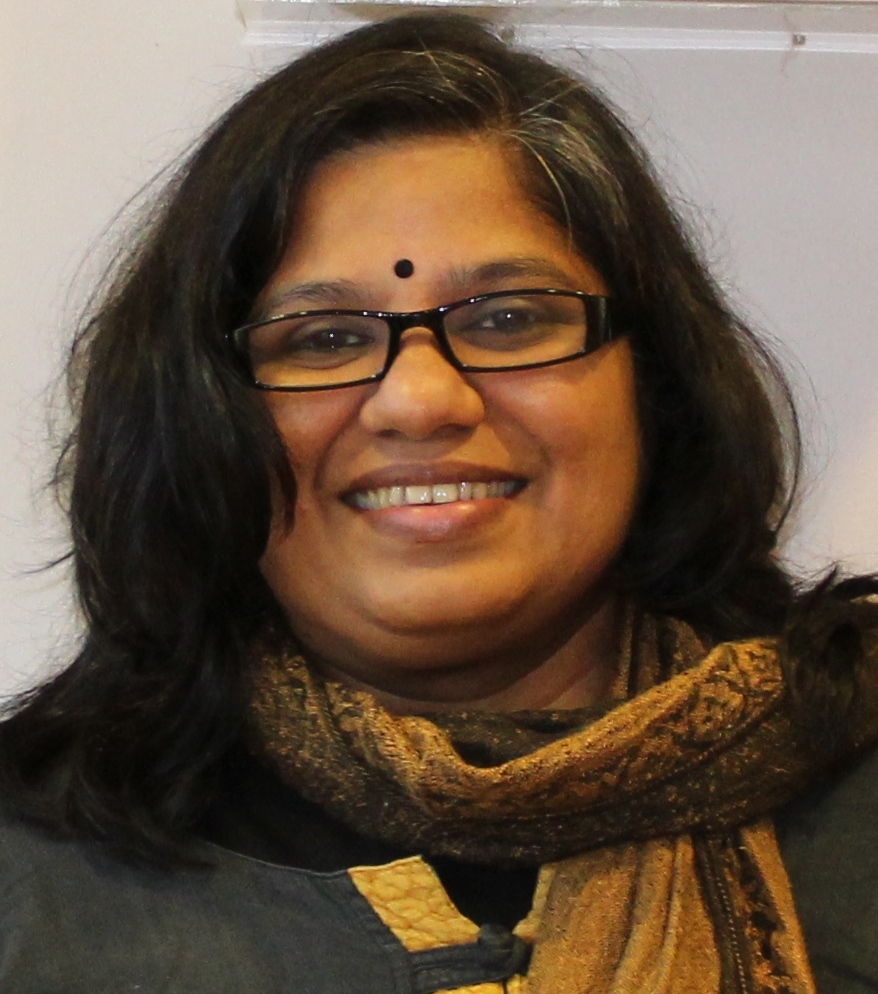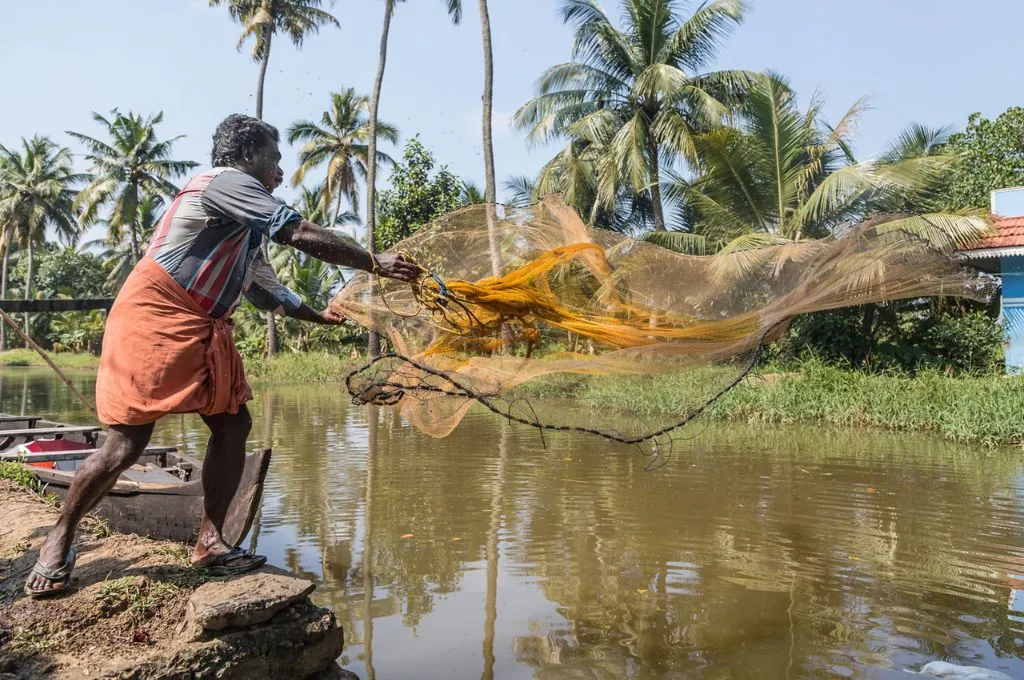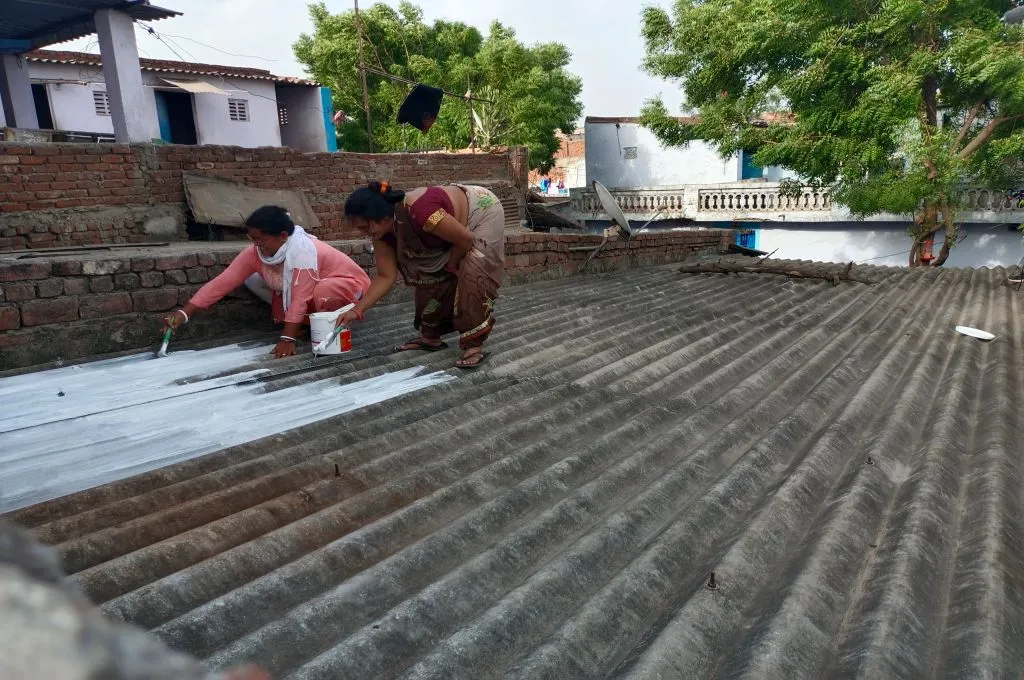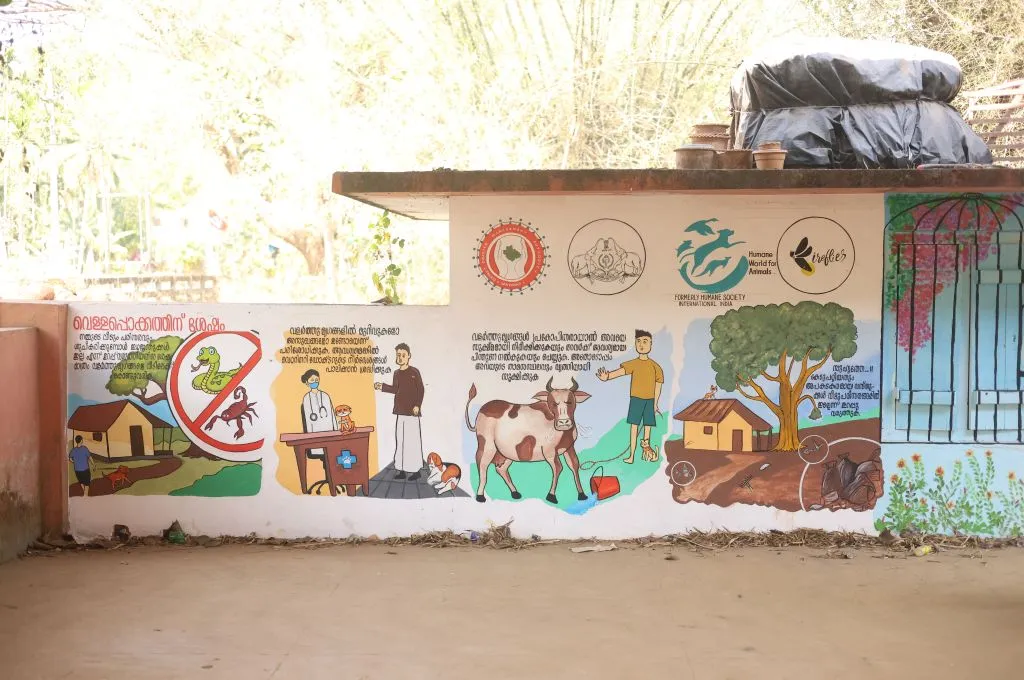“Can the experts tell me how to communicate climate change to Adivasi women in my community who are dealing with this crisis daily, as it has impacted their access to clean water and increased their drudgery?” This was the question posed by Sumitra Vasave—a community reporter with Baimanus from the Pawara Bhil Adivasi community in Nandurbar, Maharashtra—at the national seminar on gender and climate change held in Mumbai at the TISS campus in February.
Her question cast an awkward silence in the room where several nonprofit leaders, academics, and other key stakeholders had gathered. As ‘experts’ deeply immersed in discussions about climate and as consumers of climate knowledge produced predominantly in scientific language, we had no ready answers.
Diverse climate impacts, singular narrative
The single most dominant story on climate change is that of the accumulation of greenhouse gases due to the excessive burning of fossil fuels, which results in the trapping of the sun’s heat and raises global temperatures. While this story is one of many truths, it isn’t the only one. For Sumitra and her community, for instance, the climate crisis isn’t just about emission caps and renewable energy. It is also about the everyday negotiations that they have to make due to unseasonal rainfall or loss of biodiversity, which impact their lives and livelihoods in numerous ways.
However, the mainstream scientific climate discourse often approaches knowledge through a narrow, technocratic lens, positioning the issue as universal and distant.

The production of climate knowledge, therefore, ends up being dominated by a part of the scientific community that focuses primarily on emissions and global temperatures. This kind of knowledge is detached from everyday spaces and subjectivities, ignoring the lived experiences of people. It presents a limited perspective that overlooks the diverse and nuanced ways in which different people experience and are impacted by climate change, and renders them into mute consumers and spectators.
We perceive three major gaps in the way knowledge on climate change is produced and disseminated.
- Knowledge creation: In the current framing, the storytellers, or those working in media, and ordinary citizens have been kept outside the story. This destroys our agency as narrators and changemakers on this issue. One of the consequences of this is the skewed, singular focus on global priorities as the dominant discourse on climate change, which impacts policy and decision-making. For example, the framing of climate issues as primarily having to do with carbon emissions and energy negates the everyday experiences of those being affected by the crisis.
- Knowledge dissemination: An intimidating amount of climate information is available, but it exists in a format that is not relatable to and cannot be consumed by those at the frontline of this crisis. This is a major challenge to people’s participation in any discussions on climate change in a meaningful way. For example, while the IPCC impact reports comprehensively cover the causes and consequences of the crisis, the scientific language used in the reports makes it difficult for ordinary citizens to engage in the climate conversation.
- Policy: Dispossession and vulnerability are often ignored in the framing of climate change–related issues, which potentially makes knowledge production and policymaking in this area a top-down model. This leads to maladaptation and increasing inequities. For example, the vulnerabilities of Mumbai’s coastal fishing community, afflicted by extreme and everyday climate events, have been excluded from the city’s development planning process.
What needs to change?
In order to break this technocratic hegemony in the climate change discourse, we need to question what we consider as climate knowledge and who we turn to for this information. We must explore alternate stories emphasising co-learning as sources of knowledge and co-produce narratives that are currently missing from the mainstream climate narrative.
Here are some examples of groups actively using various methodologies and art forms to share these stories.

Chevittorma1 is a theatre production highlighting an important climate story from Kerala’s Ernakulam district, which frequently experiences tidal flooding that leads to homes being inundated by saline water, causing enormous damage. The play is presented by members of central Kerala’s coastal panchayats who are directly impacted by tidal flooding. Through community theatre, Chevittorma weaves a story of resilience, engaging with the memory landscapes of local residents in the affected areas.
In Maharashtra, too, locals are redefining the crisis based on their lived experience. The Mahila Rajsatta Andolan, a women-led grassroots network, regularly conducts village dialogues on the issue. The village dialogue is a listening exercise that captures the lived experiences of people across age groups and socio-economic strata in relation to climate change.

Initial insights reveal a unique perspective: In these villages, the climate crisis is perceived as cyclical and as something that affects the availability of water sources crucial for sustenance and livelihoods. Interestingly, the crisis isn’t framed in terms of increased greenhouse gas emissions; rather, it’s seen through the standpoint of reduced agricultural income, which has led to distress migration and, in some instances, a rise in child marriage rates.
These narratives encapsulate knowledge that is rooted in lived experiences and that lies at the intersection of gender, justice, and climate. They’re a departure from the current understanding of climate, which is masculinised and prioritises technical and scientific knowledge over these contextual insights. Instead, they highlight an alternate framework of knowledge production on the climate crisis—one that is closely linked to people’s lives, particularly those of women, marginalised identities, and communities, and that zooms in on issues of equity and justice.
This framework adopts a feminist lens, shifting the focus from the macro to the everyday and the mundane—elements that might initially seem unimportant to the climate discourse.
For example, the commonplace act of a woman fetching water every day may not appear significant, but it becomes important when viewed through a feminist perspective. Adopting a feminist perspective doesn’t simply mean centering women; it implies developing a more holistic and inclusive understanding of climate change and addressing the interconnectedness of its consequences on various aspects of life. It calls for a more equitable and just climate action.
Civil society organisations need a feminist perspective for climate knowledge
Adopting a feminist perspective on climate change opens up a treasure trove of stories, providing diverse accounts that counter the single, dominant narrative. The knowledge generated from these stories helps empower people as changemakers rather than framing them as mere victims of the crisis.
Take the example of Sushma Devi, a climate leader from Bokaro in Jharkhand who has been working for more than two years with the support of Deshaj Abhikram, a local organisation. She collects data on air quality in her panchayat and marks key air pollution hotspots.
Sushma has been using this data and conducting focus group discussions to understand the health impacts of air pollution in her community, which she then raises with local health officials. Sushma’s leadership has enabled many people around her to understand the linkages between air pollution and health and identify the sources of air pollution in their neighbourhood.
For civil society organisations (CSOs) working on gender and climate change issues, it therefore becomes imperative to adopt a feminist lens to ensure that these narratives are mainstreamed. But where does one start, as there are no ready templates on the intersections of gender and climate change in the Indian context?
This lacuna prompted the School of Habitat Studies at TISS, Asar, and Kerala Institute of Local Administration (KILA) to co-host a gathering of diverse individuals and organisations in early February so they could build on the collective experience on gender and climate change.
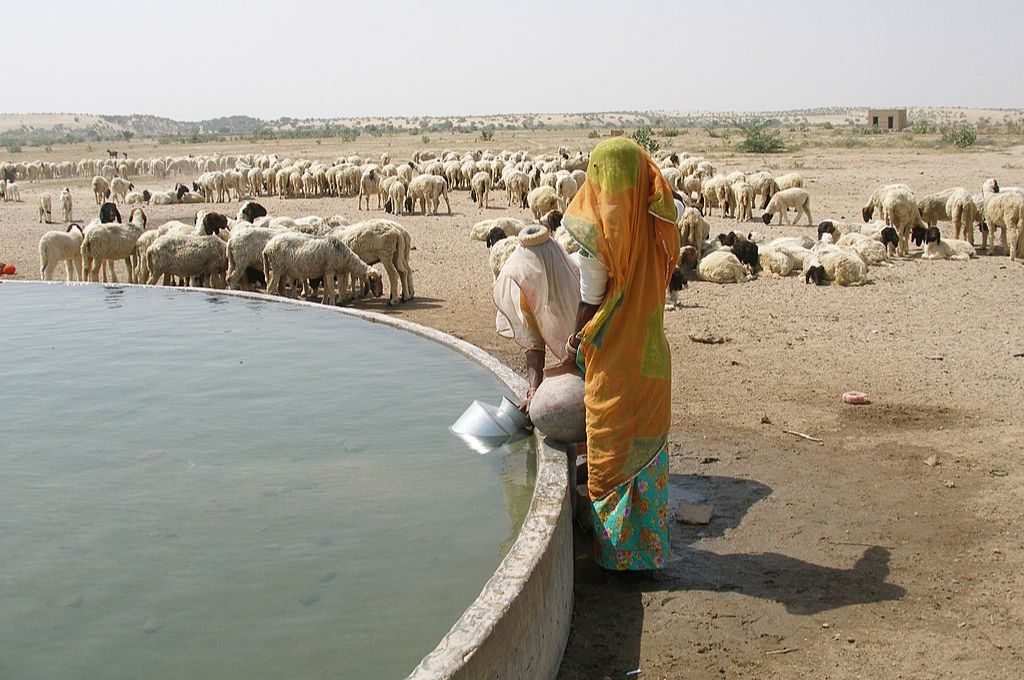
Below are some of the learnings that emerged under the four dimensions highlighted by the feminist climate justice action framework created by UN Women:
1. Recognition
Multiple forms of knowledge on climate change can co-exist. While we need to recognise climate science, we also need to look at the lived and situated knowledge on the issue, often held by women and indigenous communities. This knowledge can be extremely useful in catalysing climate solutions led by local communities and supporting climate-compatible development.
The work of Godavari Dange, who is from Maharashtra’s Marathwada region and is associated with Swayam Shikshan Prayog (SSP), is an example. Godavari’s years of lived experience with and knowledge of working on farms led to the development of the one-acre model. This model supports thousands of women farmers—especially Adivasis and Dalit women farmers—in the region in growing food crops during prolonged drought conditions.
CSOs can play a crucial role here as facilitators in recognising, documenting, and archiving this knowledge as well as the voices of women and other marginalised communities. They can help make this knowledge available across different platforms and in different forms so that it is accessible for people as well as climate researchers and policymakers.
While many nonprofits recognise the importance of this effort, it’s essential to put more emphasis on it. Currently, many organisations tend to focus their investments on programme management and other operational aspects. However, it’s equally important for them to invest in translators and facilitators who can bridge the gap between grassroots knowledge producers and wider audiences. Investing in these skills will help ensure that the voices and knowledge of marginalised communities are heard and can influence broader discussions and policies.
2. Redistribution
Women and individuals with marginalised gender and sexual identities face multiple intersectional disadvantages due to the climate crisis. For example, extreme climate events such as droughts are correlated with an increase in women’s work, early marriages, and intimate partner violence.
Therefore, it becomes critical to make sure that resources are redistributed in a way that aids those most vulnerable to the crisis.
Whether it is access to funding or government resources, the focus should be on those at the forefront of the crisis. For example, Cornerstone Knowledge Builders in Delhi works with migrant women engaged in informal labour and residing in urban slums. Most of these women are energy poor and lack access to clean cooking options. Cornerstone supports them by linking them to government schemes like Ujjwala Yojana through a common window service provided in the slums. It also facilitates dialogue between the government and the women residing in these areas to enable access to resources such as clean drinking water, food grains through the public distribution system (PDS), and various social security benefits.
To ensure equitable redistribution, philanthropies, funders, and governments must focus on structural issues and the drivers of poverty—for instance, the ownership of assets including land and housing and access to resources—as part of climate change interventions and initiatives. They must help reimagine the climate change agenda and redistribute responsibility so that the burden of adaptation doesn’t rest solely with communities, especially women and marginalised groups. Instead, action must be pushed to the top—to governments, international organisations, and academia.
3. Representation
To centre issues of justice in the climate discourse, equal representation of women and members of marginalised communities is essential at multiple levels of governance. This can support more inclusive planning of local-level climate action.
Nonprofits that have been working on social justice, rights, and enhancing the capacity and leadership of women and other marginalised groups can play a crucial role here. They need to integrate climate action into their work and not view it solely as the domain of experts or government officials. This could involve conducting focus group discussions and other listening exercises among the communities they work with in order to identify and understand their climate change problems and solutions. Nonprofits must make an extra effort to ascertain the inclusion of the most vulnerable—women, the elderly, and the disabled—in these actions.
Additionally, organisations must focus on training and supporting local government actors to help them understand how to create local climate action plans that incorporate the voices and perspectives of the most marginalised in the community. For example, in Kerala, local self-governments (LSGs) have prepared local action plans for climate change with support from KILA. KILA provides technical and training support to LSGs, ensuring the participation of women and vulnerable communities and aligning the process to achieve climate justice.
4. Reparation
There is growing attention on economic and non-economic losses due to climate change, recognised as loss and damage in global climate conferences. However, at a national and sub-national level, the losses that people have suffered in real time due to climate change are not accounted for in climate solutions. If the climate discourse stays limited to its current understanding, then the conversation too will never move beyond these conferences to focus on how different marginalised communities are bearing a disproportionate brunt of the crisis.
For nonprofits and climate think tanks, reparation must become a critical issue for advocacy with the government. They must push for appropriate accommodations in budgets to support compensations for communities experiencing loss and damage every day. To further increase engagement on reparations, nonprofits can facilitate a network where different stakeholders come together to demand action. This network should include people who are experiencing or have experienced losses due to the crisis alongside climate experts and government officials.
Additionally, nonprofits with access to conferences such as the Conference of the Parties (COP) can act as a bridge between global conversations on reparations for loss and damage and the local narrative. By doing so, they can help accelerate the process and integrate local voices and experiences into the broader climate action dialogue.
The approach to climate change from a gender and equity perspective demands powerful storytelling that builds agency and promotes feminist perspectives. This also ensures that those most affected by the crisis contribute to the knowledge that helps democratise climate planning, decision-making, and resource distribution.
—
Footnotes:
- Chevittorma is a theatre production presented by the community members of coastal panchayats of Central Kerala, conceived and implemented by the School of Habitat Studies, TISS, and School of Drama, Thrissur. It was initiated as part of a project on community resilience and climate change by TISS, Equinoct, and M S Swaminathan Research Foundation and was funded by AEIF, USA.
—
Know more
- Read this report that compiles the dialogues from the National Seminar on Gender and Climate Change.
- Watch this documentary on how climate change has impacted the lives of women in coastal Kerela.
- Listen to this podcast to learn about how climate change impacts women and indigenous communities.

